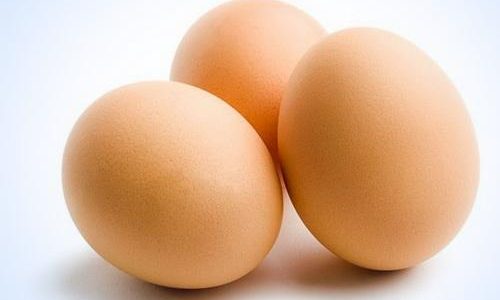
Avangard agricultural holding, the largest egg producer in Ukraine, cut monthly production by 50% over the past year due to pressure from law enforcement officers, largely due to the impossibility of organizing the export of its products in such conditions, owner of the agricultural holding Oleh Bakhmatiuk has said. “We now produce 170 million eggs a month, and we produced about 300 million, and in May – 350 million! Of which 170 million were exported in May, and this month we will send for export, maybe 20 million,” he said is in an interview with the Interfax-Ukraine agency.
Bakhmatiuk explained that the company used credit lines for $ 60-70 million for export, since delivery, for example, to Singapore takes 45 days and the supplier needs to be granted a delay.
“But thanks to the valiant actions of the NABU (the National Anti-corruption Bureau of Ukraine), all credit lines were closed to us, we were forced to almost completely close the export direction,” the Avangard owner said, adding that the coronavirus pandemic complicated logistics by making it longer and 30% more expensive.
According to him, out of seven trading houses – in Hong Kong, Singapore, Malaysia, Iraq, Liberia, Saudi Arabia and Dubai, the opening of which took six years and about $ 25-30 million, Avangard retained only one – in Dubai.
Talking about other reasons for the reduction in production, Bakhmatiuk named a painful rise in the price of raw materials, in particular, fat and oil, bagasse and cereals, common for the entire sector.
“This reputational war has been added to the general problems of the sector. In fact, 12 poultry farms have been closed, now the 13th will be closed,” he said, adding that there are 13 operating factories left.
As the businessman noted, such a reduction in production, taking into account fixed costs, led to an increase in the cost of an egg by about 20 kopecks.
Commenting on the rise in egg prices in Ukraine, he called it forced.
“We go to zero profitability and even with a small minus. Because feed prices are growing faster than the demand and the price of eggs are growing,” the businessman explained.